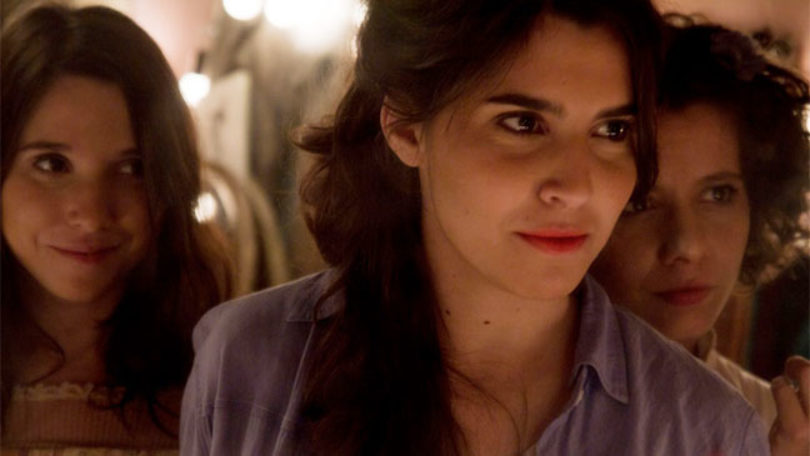Viola (Maria Villar) criss-crosses Buenos Aires delivering pirated DVDs for her boyfriend’s small business which supplies films to cinephiles. On her rounds, she meets an all-female theatre troupe rehearsing Shakespeare’s Twelfth Night. Matias Pineiro carefully intertwines the young women’s romantic tergiversations with those of the characters. The rehearsal of a single scene puts the astuteness of Twelfth Night (1602) on matters of the heart into a current context. Repeating the same lines with different glances or intensities reveals some unsuspected nuances in emotion and interplay. “I’m interested as much in the way the voice of a Shakespearian character hits the face of a fellow actor as in how the ring of a phone makes the actor react”, confides the filmmaker. Be it the veiled face of Shakespeare’s Olivia, who rejects a suitor so she can better seduce his messenger, or the conversations on the phone or in a car when one of the actresses advises her to “de-automate” her love life, Viola elegantly spans the scale from sincerity to lies, from passivity to action, from reality to artifice.
C. G.




